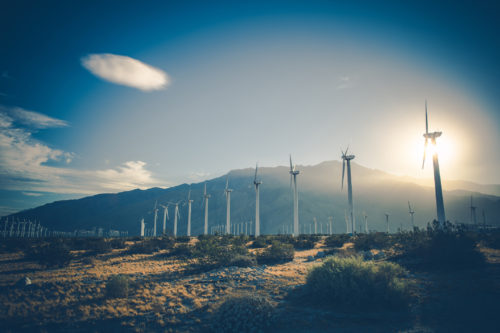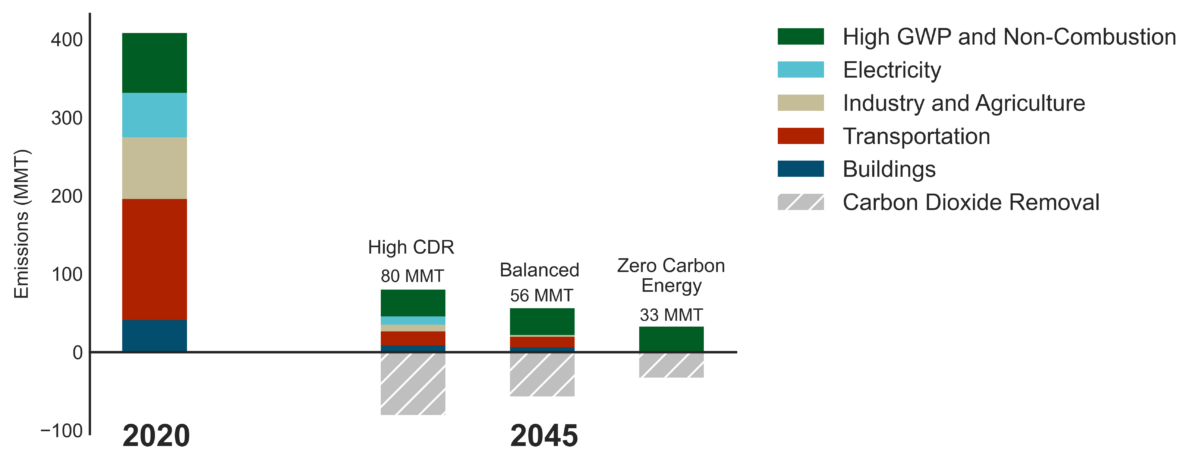
Record setting wildfires and heat waves across California have highlighted the urgency of acting on climate change and reducing greenhouse gas emissions globally. On October 23rd, 2020, E3 released a new study on Achieving Carbon Neutrality in California.
The final report reflects comments received following a public workshop on August 19th, 2020, when E3 partner Amber Mahone presented the draft study results to over 500 participants, who joined to listen in, provide comments, and ask questions.
The study notes that achieving carbon neutrality by 2045 requires ambitious near-term actions around deployment of energy efficiency, transportation and building electrification, zero-carbon electricity, and reductions in non-energy, non-combustion greenhouse gas emissions. These least-regrets strategies are common across all deep decarbonization strategies. In addition, achieving carbon neutrality will require scaling up research, development and deployment efforts around carbon dioxide removal strategies, such as land-based carbon sequestration and direct air capture of CO2.
The California Air Resources Board (CARB) sponsored the study to gather information about potential pathways and policies to help the state achieve carbon neutrality by 2045, and as a resource to help inform the forthcoming 2022 CARB Scoping Plan.
The final report is available here, while a recording of the August 19th workshop is available here, and supplementary information on cost metrics is available here. Additional E3 study authors include Gabe Mantegna, Rawley Loken and Niki Lintmeijer, as well as E3 alumni Dr. Zack Subin and Dr. Clea Kolster.



